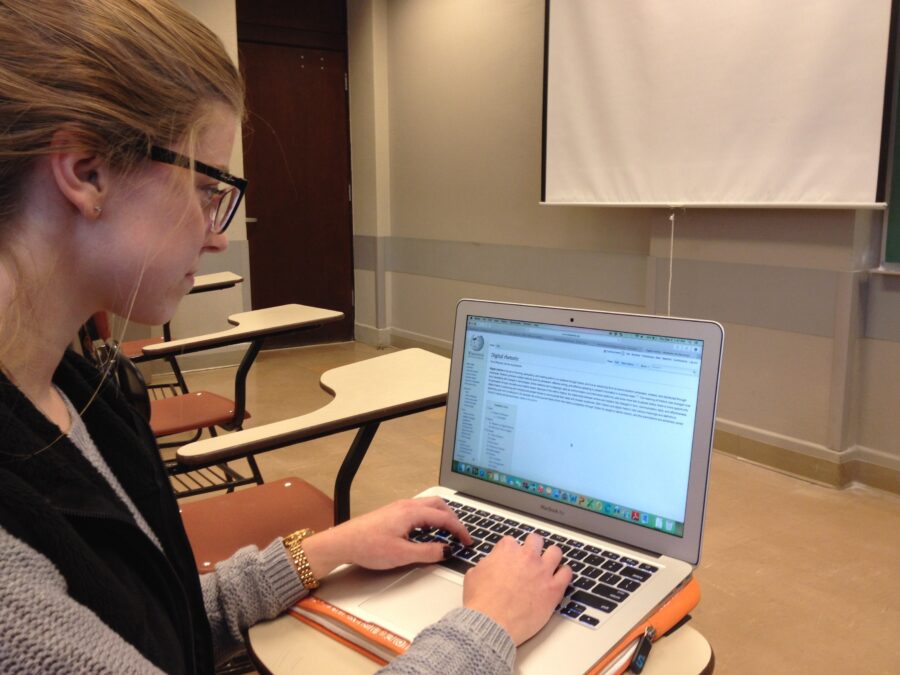ChatGPT Flunks Entire Class For Cheating But It Was Wrong
A professor misused ChatGPT and accidentally flunked an entire class for plagiarizing.

The use of artificial intelligence technology in education has become a highly debated topic, as highlighted by a recent incident at Texas A&M-Commerce. In this case, a professor failed more than half of his class after ChatGPT, an AI system, falsely claimed that it had authored their papers, according to The Rolling Stone. As a result, the university decided to withhold their diplomas.
Dr. Jared Mumm, an agricultural sciences and natural resources professor, sent an email to his senior class on Monday, informing the students that he had utilized OpenAI’s bot, ChatGPT, to examine their recent essay submissions. His intention was to determine whether any of the students had employed the software to compose their papers. In the email, Mumm stated, “I copy and paste your responses in this account,” emphasizing his approach before asserting that ChatGPT would evaluate whether the content originated from the program.
After an individual named DearKick shared the email on Reddit, it quickly gained attention. In a subsequent post, DearKick revealed that multiple students reached out to Mumm, presenting timestamped Google Docs as evidence to demonstrate that they did not rely on ChatGPT. However, when confronted with this evidence of students’ authentic work, the professor reportedly responded, “I don’t grade AI bulls***.”
The issue lies in the fact that ChatGPT was not specifically designed to detect whether a text was authored by artificial intelligence. In contrast, dedicated programs such as Winston AI and Content at Scale were specifically developed for this purpose. Unlike these specialized systems, ChatGPT’s primary focus is to generate human-like text responses based on given input using AI-powered language modeling.

Texas A&M has informed PC Magazine that it is aware of the concerns arising in the class and has initiated an investigation. The university emphasized that no students faced failure or graduation impediments due to the matter at hand. Furthermore, the university highlighted that the professor is actively collaborating with the students to determine whether ChatGPT or any other AI program was employed in the creation of their assignments.
Plagiarism is already a significant concern for schools, and the emergence of AI technology like ChatGPT has added a new dimension to this issue. ChatGPT’s ability to generate human-like text has the potential to enable students to easily plagiarize content without proper attribution. As a result, educational institutions face the challenge of developing strategies and tools to detect and prevent plagiarism effectively while striking a balance between leveraging AI technology and maintaining academic integrity.
In an effort to tackle plagiarism, certain institutions are opting to completely prohibit the use of AI software, such as ChatGPT. This preventive measure has been adopted by an increasing number of schools, aiming to uphold the integrity of their educational programs. By implementing these bans, they seek to promote a culture of academic honesty and ensure that students engage in genuine learning experiences.
While the utilization of AI software like ChatGPT raises valid concerns, it also presents significant advantages for educational institutions. These programs can automate tasks such as grading, deliver personalized feedback, and create interactive learning experiences, thus optimizing efficiency and efficacy within the educational landscape. By carefully addressing the concerns and leveraging the benefits, schools can harness the potential of AI software to enhance the overall educational experience.











